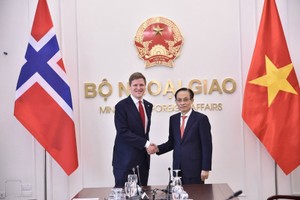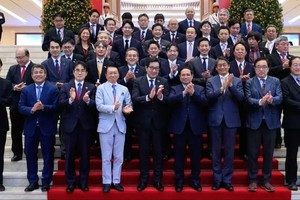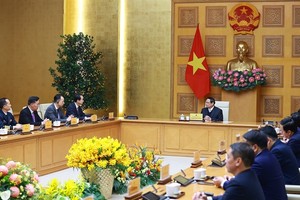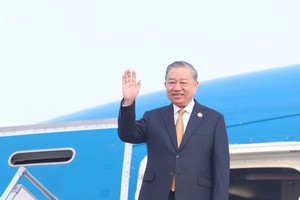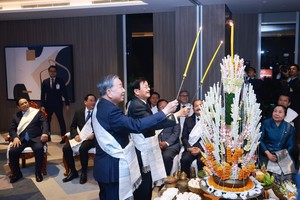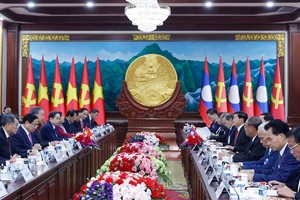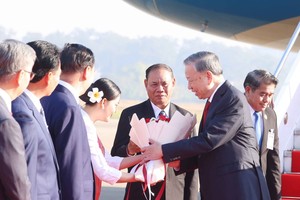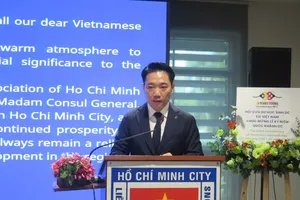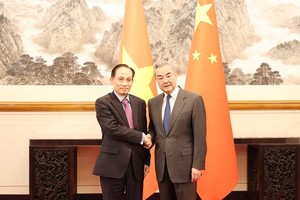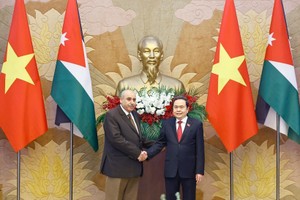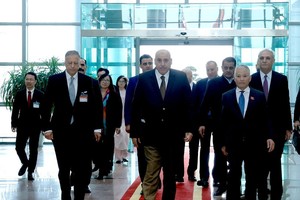He said he "can't imagine" accepting North Korea as a nuclear power.
"Make no mistake -- any attack on the United States or our allies, will be defeated," he said at a joint press conference with his South Korean counterpart Song Young-moo after their talks here. "Any use of nuclear weapons will be met with a massive military response."
He pointed out the allies' coordination has taken on new urgency as the North has accelerated its threats with "illegal" and "unnecessary" nuclear and missile programs.
The North's military is overmatched by the allies' combined defense posture, he stressed.
"If it remains on its current path of ballistic missiles and atomic bombs, it will be counterproductive, in effect, reducing its own security," the Pentagon chief said.
The U.S. has many "military options" designed to buttress diplomatic efforts to denuclearize the Korean Peninsula and strengthen deterrence, he added.
On Seoul's pursuit of regaining its wartime operational control of its forces, he said the two sides are continuing consultations for the "conditions-based" transition.
He voiced a negative view on the redeployment of the U.S. tactical nuclear weapons demanded by some South Korean people.
He cited the possibility of adverse effects to global nonproliferation efforts.
In the Joint Communique, the two sides reaffirmed their plans to "enhance rotational deployments of U.S. strategic assets in and around the peninsula."
"They reaffirmed the need to continue promoting combined exercises and training events, and to enhance combined capabilities to prepare for any North Korean provocations in the vicinity of the Northwest Island and Northern Limit Line (NLL)," according to the document that summarizes the results of the Security Consultative Meeting between Song and Mattis. BY THE YONHAP.
